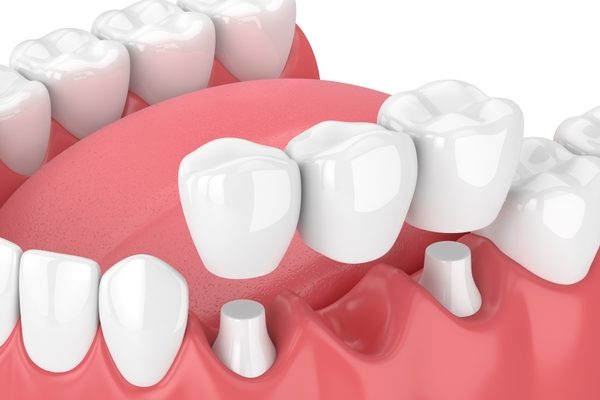If you’re going to get a dental crown treatment, you’d likely want it to last as long as possible. Although you can replace a dental crown that’s fallen out or cracked, proper care and planning can help you avoid problems with your dental crown.
A dental crown is a “cap” that covers everything above the gum. The purpose of a dental crown is to cover up your natural tooth and protect it from further damage. Not only can dental crowns save your tooth, but it can also be customised to your ideal shape, colour and size for a beautiful smile.
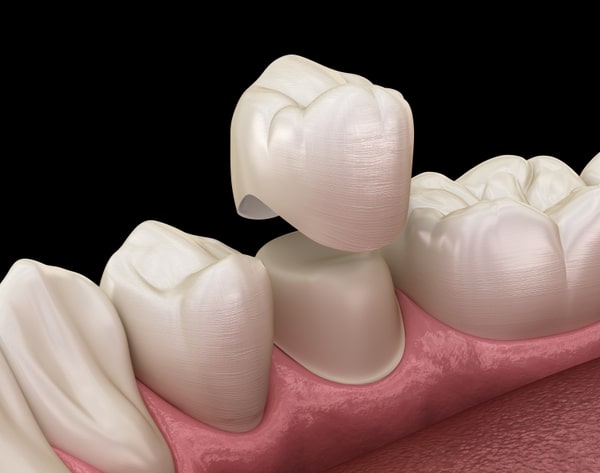
So, you might be wondering how to maintain your crown. How long will they last? What special things should I do to take care of them?
Half the battle is won if you’re well-prepared. Hence, we’ll share 5 tips for before getting a crown, followed by 5 post-care tips to maximise the success of maintaining your dental crown.
5 Tips Before Getting A Dental Crown
1. When is a Dental Crown Needed?
Cracked your tooth? Don’t wait until your cracked tooth becomes unbearably painful when you bite on it before seeing a dentist for help. A dental crown can protect a cracked tooth from worsening.
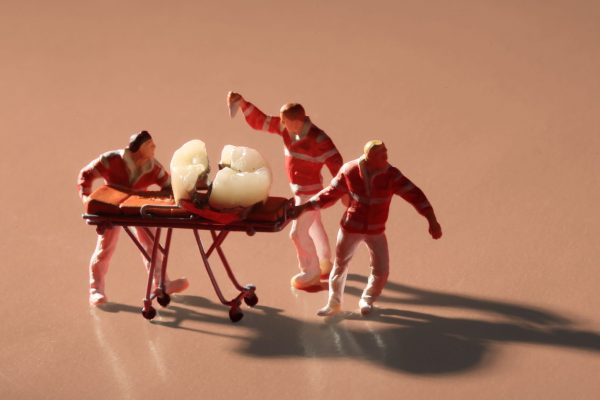
The success rate of putting in a crown is inversely proportional to the depth of the crack. That’s why you should see a doctor soon, as the more severe the symptom, the deeper the crack has propagated. Getting early treatment would increase the chances of your crown’s success.
2. Keep to Your Crown Appointment
In order to place a crown, the dentist will first prepare your tooth by shaving it down. Then, they will place a temporary crown over it. On your second visit, the dentist will remove the temporary crown and replace it with a permanent crown.
Our advice is to keep to your crown issue appointment (the second appointment). Delay in issue, or prolonged loss of the temporary crown, can reduce the space created for your new crown. That means the dentist will need to remake of the final crown, or reduce the tooth further, which would necessitate root canal treatment.
3. Avoid Root Canal Treatment If Possible
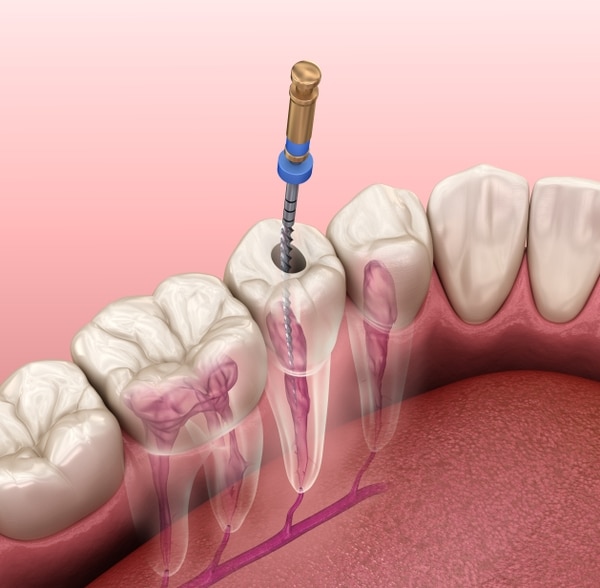
Discuss the pros and cons of root canal treatment prior to crown treatment with your dentist. Root canal treatment is needed when the tooth is in pain or the existing decay/ filling is deep (close to the pulp).
However, it is not a routine treatment for a crown procedure. Root canal treatment can hollow the tooth, reducing the remaining tooth structure. In longterm studies, teeth with root canal treatment and crown showed a shorter lifespan than vital tooth crown (no root canal treatment).
4. Plan the Look of the Crown Beforehand
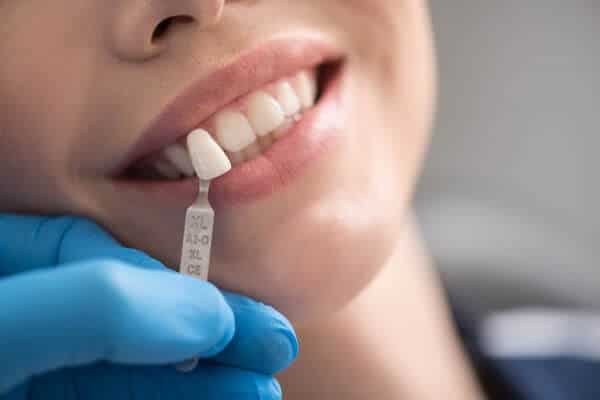
Assess the colour and shape of your crown before the dentist cements it. This is crucial for anterior crowns (the teeth in front). Once cemented, the aesthetics and colour cannot be altered. If you want to change the look, you would need to redo the whole crown.
5. Choose The Right Type of Dental Crown Beforehand
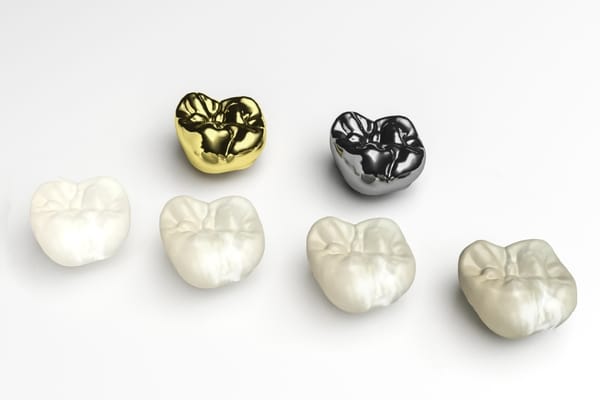
Depending on your needs, dental crowns can be made of:
- Metal: Crowns made of metal are the longest lasting and most durable option, but they have a metallic look that does not match natural teeth.
- Porcelain-fused-to-metal: These can match your natural teeth’s colour. They have a metal base which is covered with porcelain, which makes it more durable than crowns made completely from ceramic. However, they are less durable than full metal crowns.
- Full-ceramic (porcelain): Fully porcelain crowns look the most natural, with the best colour-match and translucency of all three options. However, they are less strong than metal or porcelain-fused-to-metal crowns.
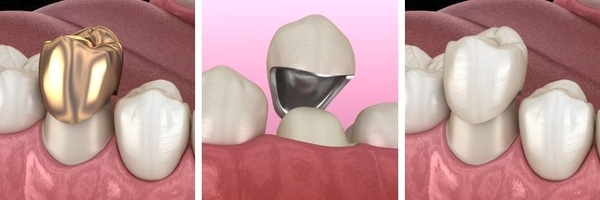
You should consider full metal crowns or crowns with a metal biting surface where aesthetics is less important (such as your molars, which are located at the back of your mouth). That’s because your molars undergo increased occlusal stresses, as they are closer to the fulcrum (Temporomandibular joint).
The stress is even greater if you grind or clench your teeth (parafunction). This can wear out or damage your crowns quickly. Thus, metal crowns are usually advised for molars, especially second molars, for better durability.
5 Tips For Taking Care Of Your Dental Crown
1. Inform Your Dentist if it Doesn’t Feel Right
You may take a while to get used to your new crowns, such as the feeling of the new bite (the way your upper and lower teeth fit together).
You should inform your dentist if the bite feels strange one week after your crown was issued. We can make minor alterations to the crown’s biting surface by grinding it. Rest assured, such alterations don’t affect the crown’s lifespan.
However, ignoring the issue can result in pain, pulpitis (injury to the nerve), or a porcelain fracture in your crown.
2. How to Protect the Crown If You Grind Your Teeth

Chronic teeth grinding or clenching can wear out your teeth over time. Similarly, it can wear out your crown over time too. This can lead to a crown fracture, or worse, a root fracture. Hence, if you have parafunction, you should avoid getting full-ceramic crowns.
Thereafter, you should take care to lessen the effects of grinding. In the day, try to consciously stop grinding, or get a friend to tap your shoulder when they notice you grinding. At night, you should wear a customised mouthguard to sleep to protect your teeth and crown. This is important as many people grind their teeth most at night.
3. Don’t Eat Hard Foods
Eating hard foods can damage your crown by wear and tear. Hence, do avoid hard foods such as chewing ice, bones, or eating hard nuts such as almonds.
4. Maintain Good Oral Hygiene
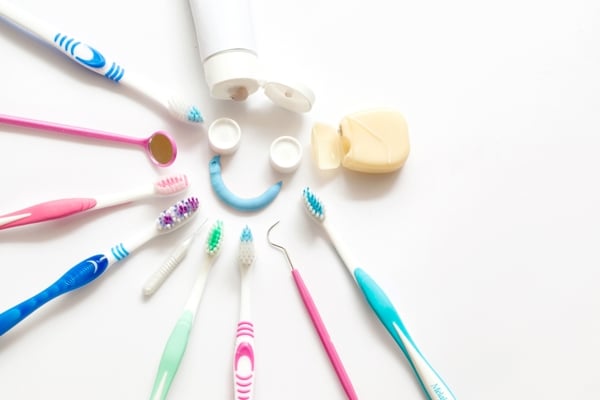
You can brush and floss your teeth as per normal. You should brush your teeth with a soft-angled brush in soft, circular motions at a 45-degree angle towards your gum. You can also floss as per usual, once a day. Maintaining good oral hygiene prevents gum disease and tooth decay, thus preventing infections around your crown.
5. Go for Regular Dental Checks
Visit the dentist every 6 months so that early problems can be detected. A crowned tooth can still decay under the margins.
Remember, pain is always the poorest indicator for treatment. Delay always results in disease progression, reduced prognosis, increased complexity and cost.
In Summary
Preparing well before getting the crown and maintaining it well after helps you avoid problems with dental crowns.
Here are 5 tips before getting your dental crown:
- Get a dental crown early to protect a cracked tooth, as the deeper the crack is, the more likely your crown will fail.
- Keep to your permanent crown issue appointment, as delaying it can affect the space created for your new crown.
- Avoid root canal treatment if possible.
- Assess the colour and shape of the crown beforehand, as it can’t be altered after.
- Choose the right type of dental crown for durability.
And here are 5 tips to protect your crown after:
- Inform your dentist if your bite doesn’t feel right.
- Wear a customised nightguard to sleep if you grind your teeth to protect the crown.
- Avoid hard foods, like chewing ice, bones or hard nuts.
- Maintain good oral hygiene with brushing and flossing.
- Go for regular dental checks to detect problems early.
If you’re looking to get a dental crown, or would like to check on your existing crown, book an appointment with our friendly dentists today!



